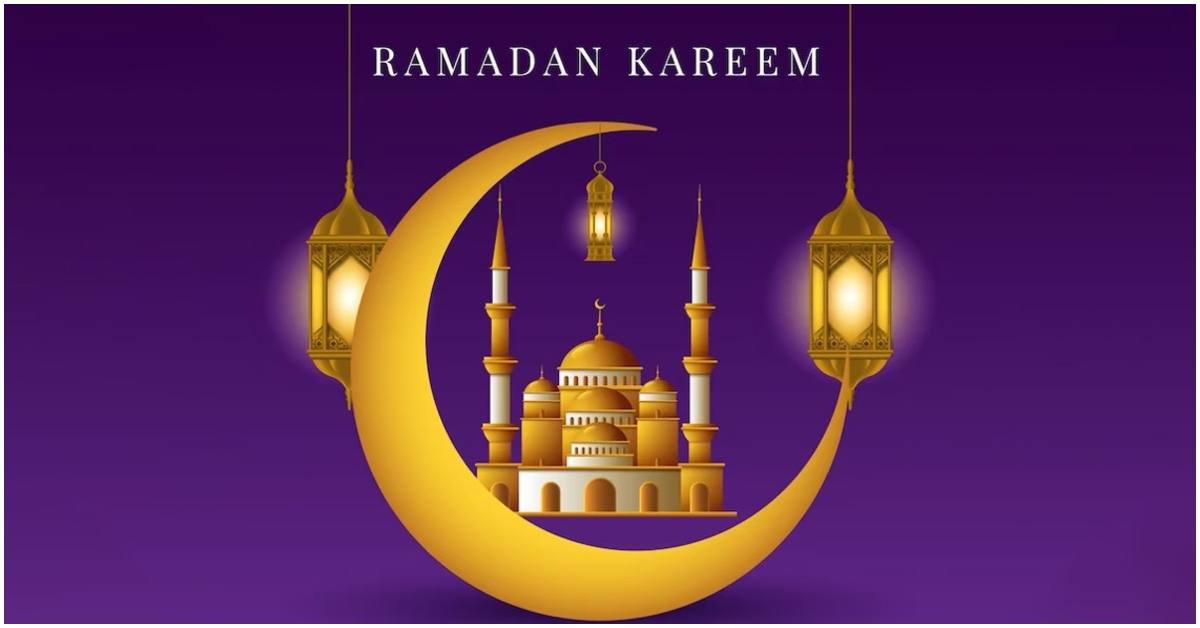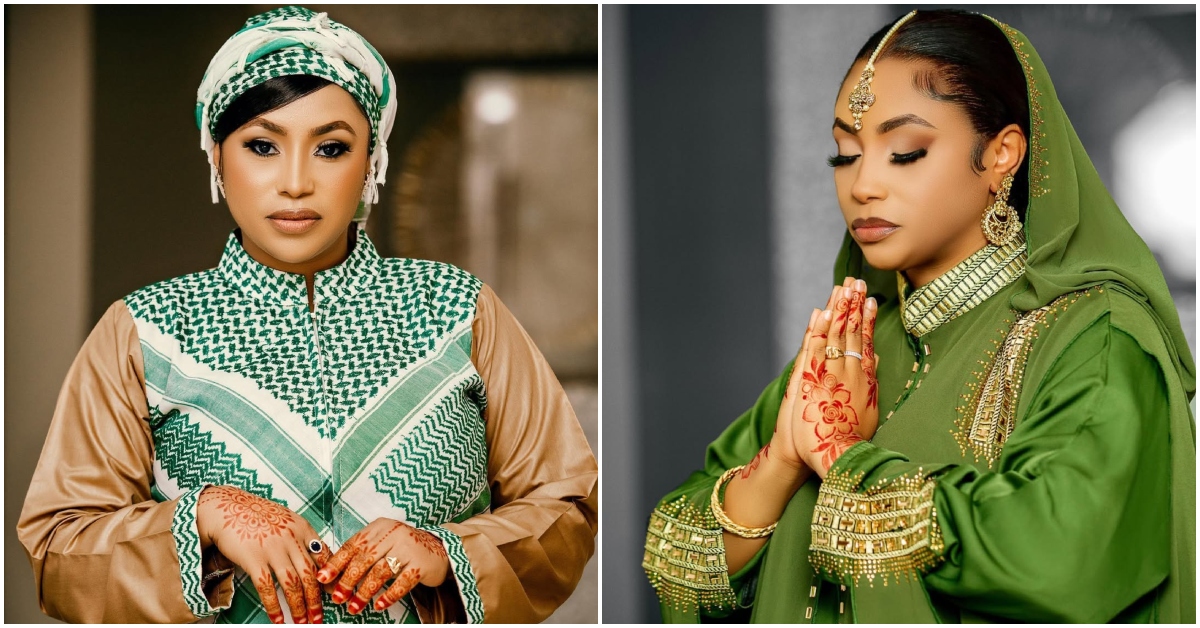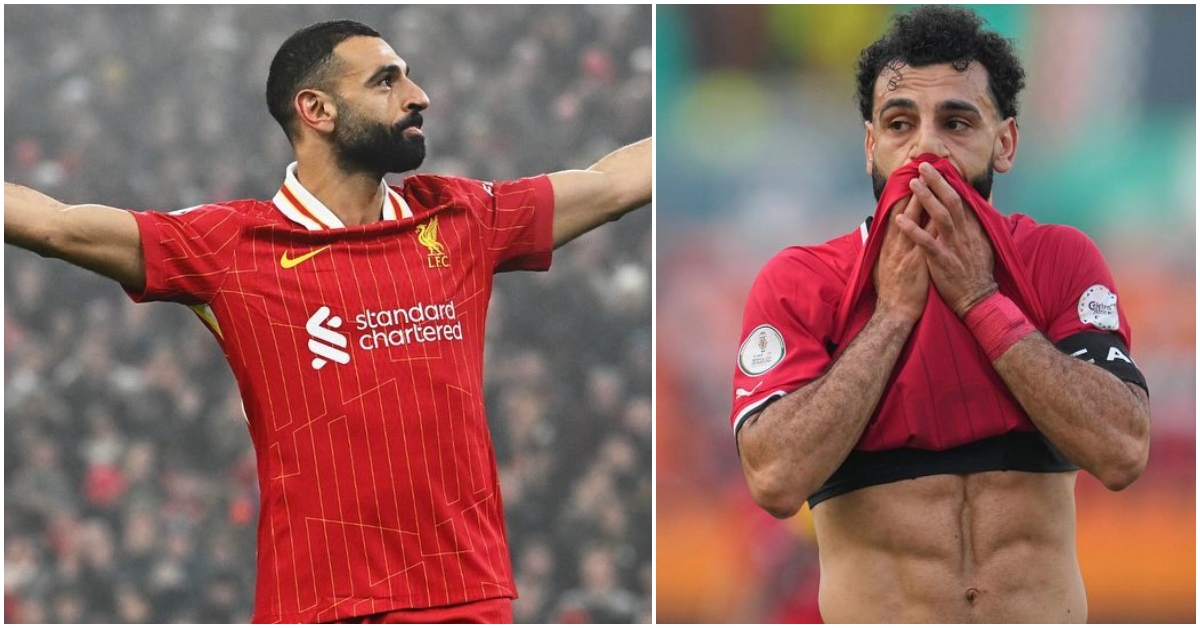Every year, Muslims around the world eagerly await the sighting of the new crescent moon, marking the official beginning of Ramadan, the holiest month in the Islamic calendar.
Ramadan is a time of deep spiritual reflection, unwavering devotion, and profound self-discipline—a sacred journey of the soul that draws millions closer to Allah.
Since the Islamic calendar follows the phases of the moon, as a result, the start of Ramadan shifts each year, beginning the day after the new crescent moon is visible.

This delicate sliver of light, often faint and fleeting, serves as a divine signal for the faithful to embark on a month of fasting, prayer, and spiritual renewal.
If the sky is obscured by clouds or haze, then lunar calculations, consequently, guide the community in determining the official start.
This year, Ramadan commenced on March 1, depending on the moon sighting, and will conclude at sunset on March 29 or March 30, ushering in the joyous celebrations of Eid al-Fitr—a time of gratitude, unity, and rejoicing in Allah’s blessings.
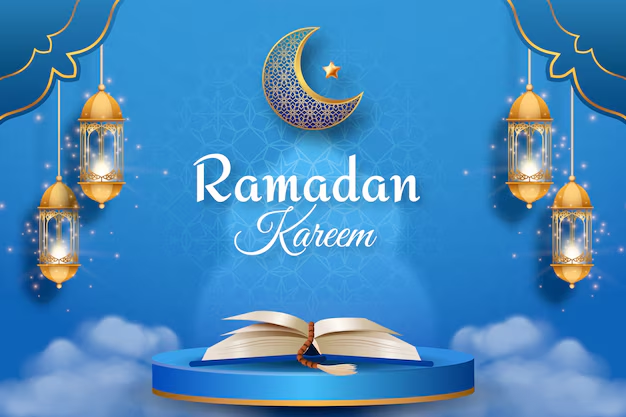
The Divine Origins of Ramadan
Ramadan, a month deeply woven into the fabric of Islamic tradition, traces its origins to the momentous revelation of the Holy Quran to Prophet Muhammad (peace be upon him) in A.D. 610.
Muslims believe that on Laylat al-Qadr—the “Night of Power”, the Angel Gabriel descended, bringing the sacred words of Allah to humanity.
In honor of this divine event, Muslims fast, reflecting on their faith and strengthening their connection with their Creator.

The name “Ramadan” comes from the Arabic root “ar-ramad”, meaning scorching heat, symbolizing the purifying nature of the month—a time to cleanse the heart, renew the soul, and strengthen one’s faith.
“Fasting is a shield, so the one who fasts should avoid obscene speech and ignorant behavior. Moreover, If someone abuses him or starts to fight with him, he should reply by saying: ‘I am fasting. I am fasting.’” — Saheeh Al-Bukhari
A Month of Worship, Reflection, and Community
Ramadan is more than just abstaining from food and drink; in fact, it is a time for Muslims to grow spiritually and, moreover, build a deeper relationship with Allah through prayer, Quranic recitation, acts of kindness, and self-discipline.
Throughout the month, Muslims engage in:
✅ Daily prayers and Quran recitation 📖
✅ Acts of charity and kindness 🤲
✅ Reflection and seeking forgiveness 🤍
✅ Fasting from dawn to sunset 🌅

Fasting is compulsory for all Muslims, except for the ill, pregnant, elderly, travelers, or menstruating women. Moreover, Missed fasts can be made up later in the year.
As the sun sets, the community comes together to break their fast during iftar, a meal shared in unity. In accordance with the tradition of the Prophet Muhammad (PBUH), many begin with dates and water—a simple yet nutrient-rich way to restore energy after a day of fasting.
Before dawn, Muslims rise for suhoor, a pre-fasting meal that sustains them throughout the day. This sacred rhythm of fasting and prayer continues, and ultimately, it leads to the arrival of Eid al-Fitr, a festival of joy, gratitude, and generosity.
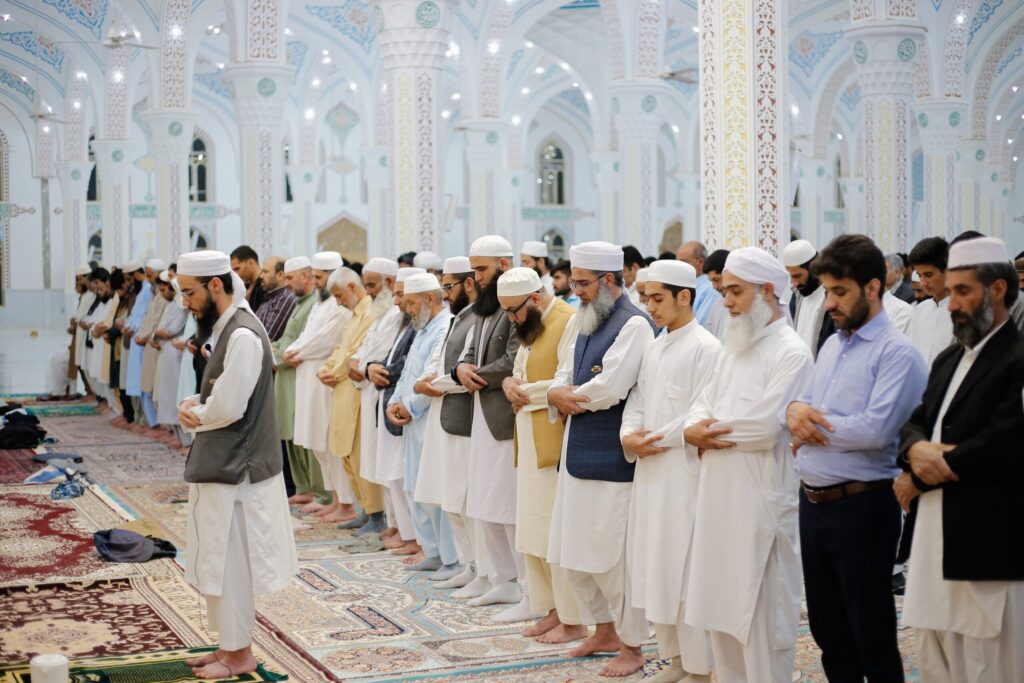
The Five Pillars of Islam: The Foundation of Faith
The essence of Ramadan aligns with the Five Pillars of Islam, which guide every Muslim’s life:
🕌 Shahadah – Declaring faith in Allah and His messenger Prophet Muhammad (PBUH)
🕌 Salah – Praying five times a day, strengthening the bond with Allah
🕌 Zakat – Giving to charity and supporting those in need
🕌 Sawm – Fasting from dawn until dusk during Ramadan
🕌 Hajj – Making the pilgrimage to Mecca, if physically and financially able
As Ramadan continues, may it be a time of spiritual elevation, self-reflection, and boundless blessings. May every moment of sacrifice bring renewed faith, peace, and divine guidance.
🌙 Ramadan Mubarak! May your prayers be accepted, your fasts be rewarded, and your hearts be filled with the mercy of Allah. 🌙
The Powerful Science of Breaking Fast with Dates During Ramadan
Ramadan brings us a beloved tradition: breaking fast with dates. But what makes these little fruits so powerful? Here’s the science behind why they’re a must for Iftar:
- Instant Energy Boost – Packed with natural sugars, dates quickly replenish your energy after a long day of fasting.
- Nutrient Powerhouse – Dates are loaded with essential vitamins, minerals, and amino acids to nourish your body.
- Fights Hunger – Dates trigger the digestive process, helping you feel full and satisfied without overeating.
- Prepares Your Stomach – They activate digestive juices, making your stomach ready for the food to come.
- Constipation Relief – Dates are high in fiber, promoting smooth digestion and preventing discomfort during Ramadan.
- Boosts Brain Power – Rich in B vitamins, dates fuel your nervous system and keep you sharp, even while fasting.
- Strengthens Bones – Calcium, magnesium, and zinc in dates support bone health and prevent osteoporosis.
- Healthy Sweetness – A natural sugar alternative, dates are low glycemic and won’t spike your blood sugar.
- Bonus Protection – Seven Ajwa dates in the morning are believed to protect from harm, including black magic and poison.

Embrace the tradition, embrace the science. Dates aren’t just delicious—they’re a gift for your body and soul.
Happy Ramadan!
